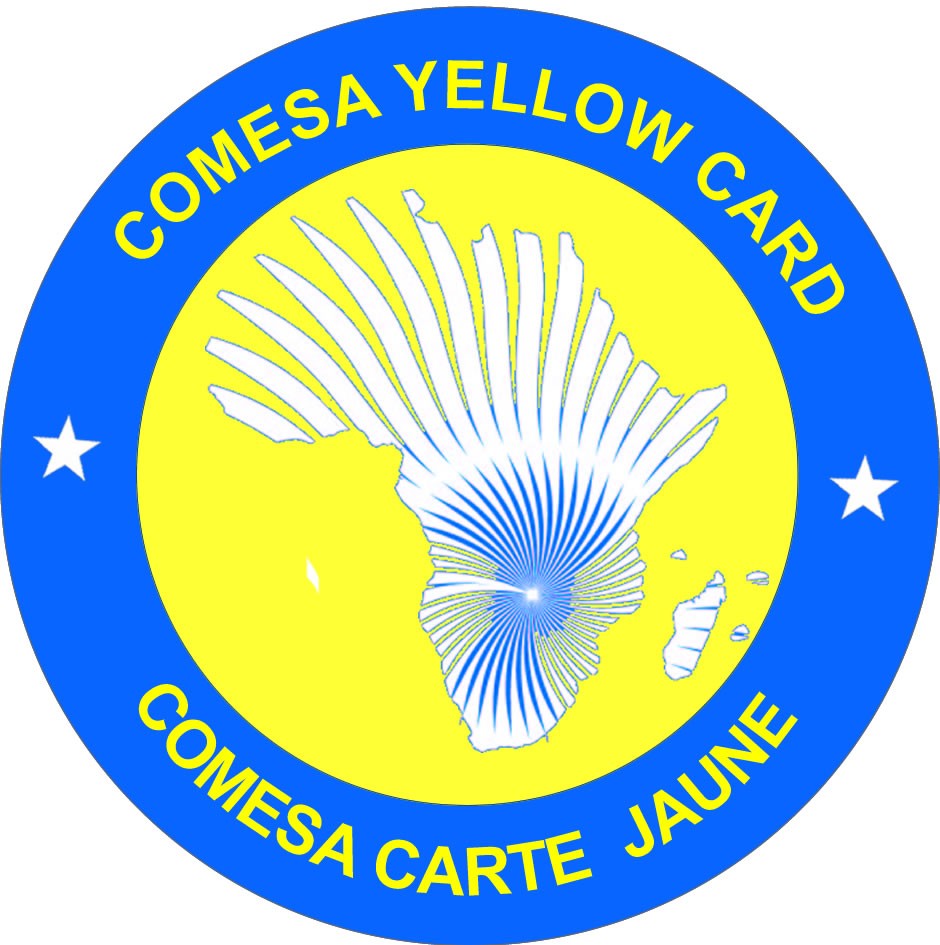
The Yellow Card Council of Bureaux is set for full autonomy following the approval of the relevant legal instruments, by the Ministers of Justice and Attorneys General from COMESA Member States. In their 10th meeting conducted virtually on 29 September 2021, the Ministers and AGs approved the Charter of the Bureaux, Staff and Procurement Rules.
Through the issuance of its legal instruments, the Council of Bureaux seeks to establish itself as a fully-fledged COMESA institution that will eventually be independent from the COMESA Secretariat operationally.
The Bureaux manages the Yellow Card, which is a regional Third-Party Motor Vehicle Insurance Scheme. The objective of the Scheme is to facilitate the movement of vehicles, goods, people and services within the COMESA region.
Currently, the scheme is operational in 13 regional countries and has growth exponentially over the years. These are Burundi, Djibouti, DR Congo, Eritrea, Ethiopia, Kenya, Malawi, Rwanda, Sudan, Tanzania, Uganda, Zambia and Zimbabwe.
In 2020, over 208,165 digital Yellow Cards were issued to travelling motorists, generating a total annual premium income of US$12.3 million. Over US$1.1 million claims compensation were paid to road accident victims caused by visiting/foreign motorists.
During the meeting, the Ministers and AGs, also committed to ensure domestication and implementation of all decisions they issue to member States from to time.
One of the outstanding instruments is the ratification of the Tripartite Free Trade Area (TFTA) which brings together Member/Partner States of COMESA, the East African Community (EAC) and the Southern Africa Development Community (SADC).
The TFTA was launched 2015 and to date, 11 instruments of ratification have been prepared and submitted against a minimum threshold of 14 ratifications to enter into force. These are Botswana, Burundi, Egypt, Eswatini, Kenya, Namibia, Rwanda, Uganda, South Africa, Zambia and Zimbabwe. Some of the remaining Member/Partner States have ratified the AfCTA but not the TFTA.
“Just as we managed to garner overwhelming continental instruments of ratification for the African Continental Free Trade Agreement, may I encourage those Member States that have not yet ratified the Tripartite Agreement to do so as the delay in doing so is stalling regional trade, investment and development,” Zambia Minister for Minister of Commerce Trade and industry Hon. Chipoka Mulenga appealed.
He added: “COMESA is in the era of implementing a digital economy in the region and for it to succeed, it needs the support of Ministers of Justice and Attorneys General in crafting the supportive legislation that will create an enabling environment for the full implementation of the digital economy.”
Secretary General Chileshe Mpundu Kapwepwe also stressed the need for implementation of the legal instruments for an effective integration of the COMESA region’s programmes, harmonization of policies and procedures.
“I strongly urge COMESA Member States who have not yet ratified the Tripartite Agreement to make a firm commitment to do so in the last quarter of 2021 to enable the Tripartite to become operational in 2022,” she said.
Judge President of the COMESA Court of Justice Lombe Chibesakunda addressed the meeting, highlighting its operations amid the COVID-19 pandemic.

